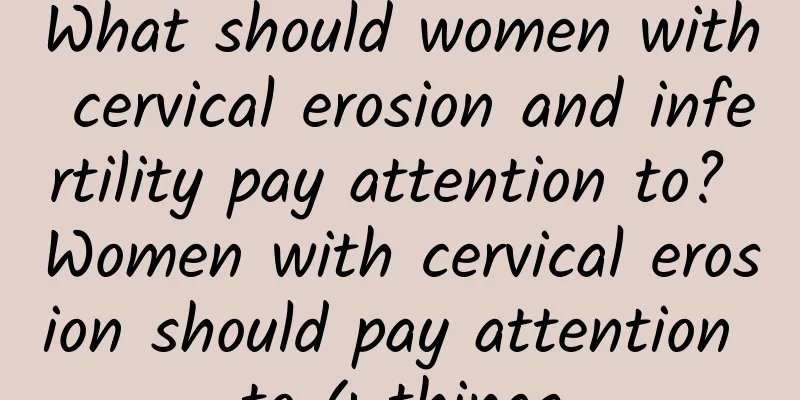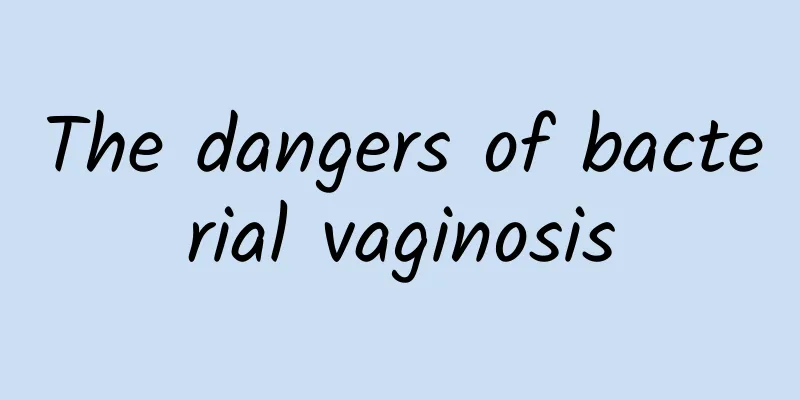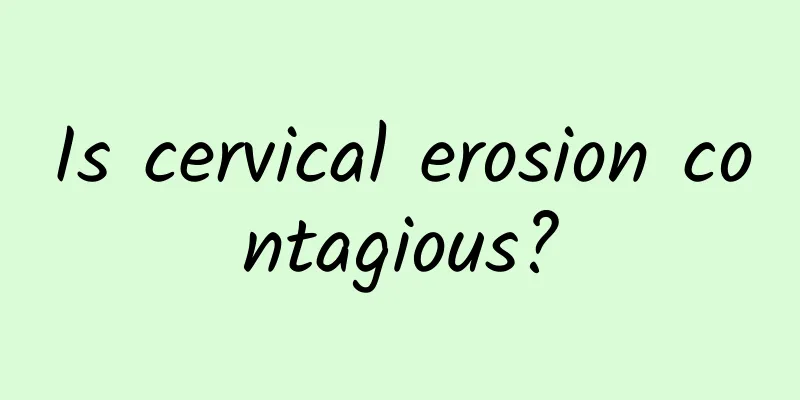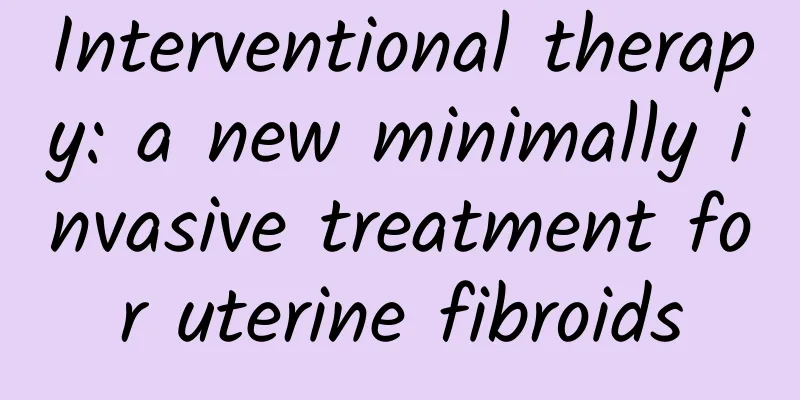What to eat less during menstruation

|
Lack of menstruation is a minor annoyance that many female friends may encounter. In fact, dietary adjustments can help improve this problem to a certain extent. What should you eat when you have a lack of menstruation? Let's take a look. Iron-rich foods are a good choice. Iron is an important element for blood production, and scanty menstruation is sometimes related to insufficient iron in the body. You can eat more iron-rich foods, such as red meat, animal liver, spinach and other vegetables. The iron in red meat is heme iron, which has a higher absorption rate, while the non-heme iron in green leafy vegetables such as spinach can also help supplement iron. In order to better absorb iron, it is also a good idea to pair it with foods rich in vitamin C, such as oranges, lemons and other fruits. Foods rich in vitamin B are also helpful in regulating menstruation. Vitamin B6 and B12 are involved in the production of red blood cells and help maintain a normal menstrual cycle. You can increase the intake of eggs, milk, whole grains, nuts and other foods in moderation. The B vitamins and dietary fiber in whole grains help regulate hormone levels and have a certain effect on alleviating oligomenorrhea. Don't forget healthy fats. Healthy fats can help maintain the balance of female hormones and promote normal menstruation. Unsaturated fatty acids contained in foods such as nuts, seeds, and fish are a good choice. In particular, Omega-3 fatty acids in deep-sea fish have anti-inflammatory effects and are beneficial for hormone regulation. Of course, it is also very important to drink enough water. Water helps maintain the body's normal metabolism and helps excrete excess waste from the body. Ensure adequate water intake every day to avoid physical discomfort caused by lack of water. It is also important to maintain a good lifestyle. Regular work and rest, moderate exercise and a good mental state are all indispensable factors for regulating menstruation. Diet is only one aspect of improving oligomenorrhea. If oligomenorrhea occurs for a long time, it is best to consult a doctor and seek professional medical advice. I hope these dietary suggestions can help you make your "little days" every month more comfortable. |
>>: What are the symptoms of premenopause?
Recommend
Knowing the early symptoms of ectopic pregnancy can help you detect and treat it early
Ectopic pregnancy is a common disease. Knowing th...
How to reduce the incidence of ectopic pregnancy?
How to reduce the incidence of ectopic pregnancy?...
Cultivating hygiene awareness can better prevent Trichomonas vaginitis
Trichomonas vaginitis brings great pain and incon...
Don’t want to ruin your mountain climbing mood? Make these preparations before going abroad or traveling to reduce the incidence of altitude sickness
With the development of information and the impro...
How much do you know about the precautions for treating cervical hypertrophy?
It is very important for patients to understand a...
Patients with bacterial vaginosis should pay attention to symptoms in time
Bacterial vaginitis is a type of female disease. ...
What should you pay attention to after painless abortion
There are many things that should be paid attenti...
Brown discharge on the fourth day of menstruation
Brown discharge on the fourth day of menstruation...
Fat woman loses 48kg in 9 months and becomes hot mom
"Miss, who are you?" This is the greeti...
What are the main hazards of cervical precancerous lesions?
The harm of cervical precancerous lesions to wome...
Losing 40kg in 1.5 years, but sagging breasts were reshaped and reshaped
I finally succeeded in losing weight, but my skin...
How to diagnose female pelvic peritonitis
Pelvic peritonitis is a common gynecological dise...
What are the diagnostic criteria for vulvar pruritus?
How to diagnose vulvar pruritus? This is of great...
Dietary care for ovarian maintenance after ovarian cyst surgery
Patients with ovarian cysts may experience sympto...
How to distinguish whether dysmenorrhea is physiological or pathological How to distinguish the type of dysmenorrhea
Dysmenorrhea is one of the common menstrual disco...









